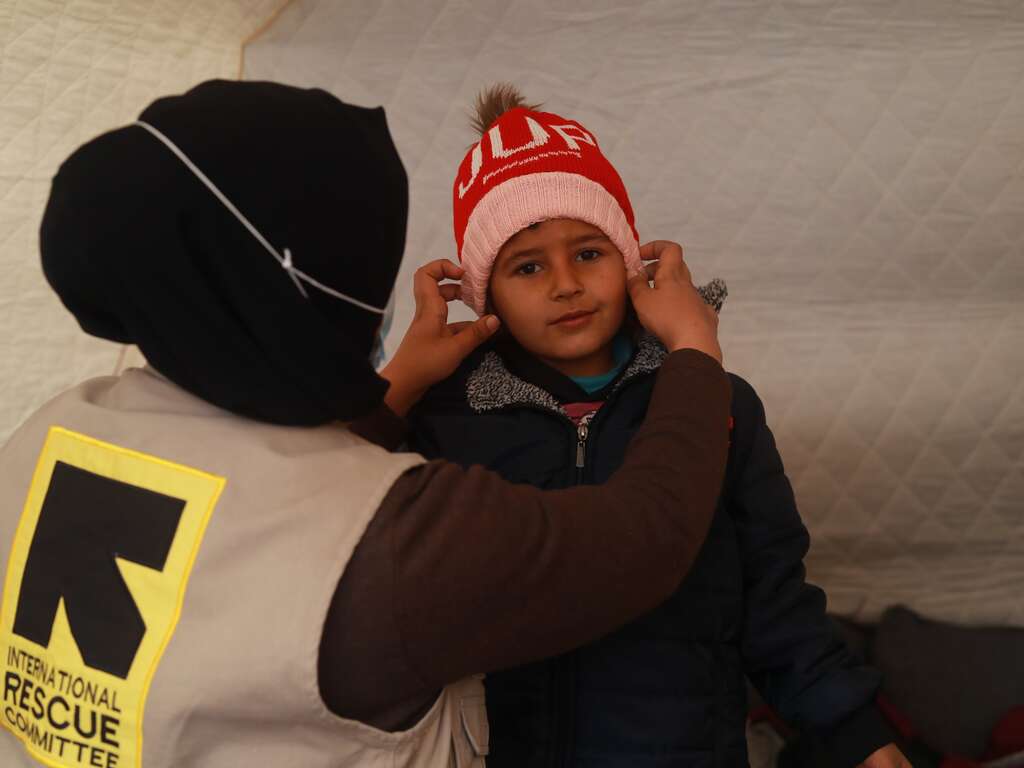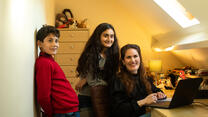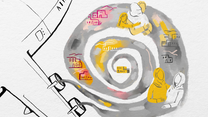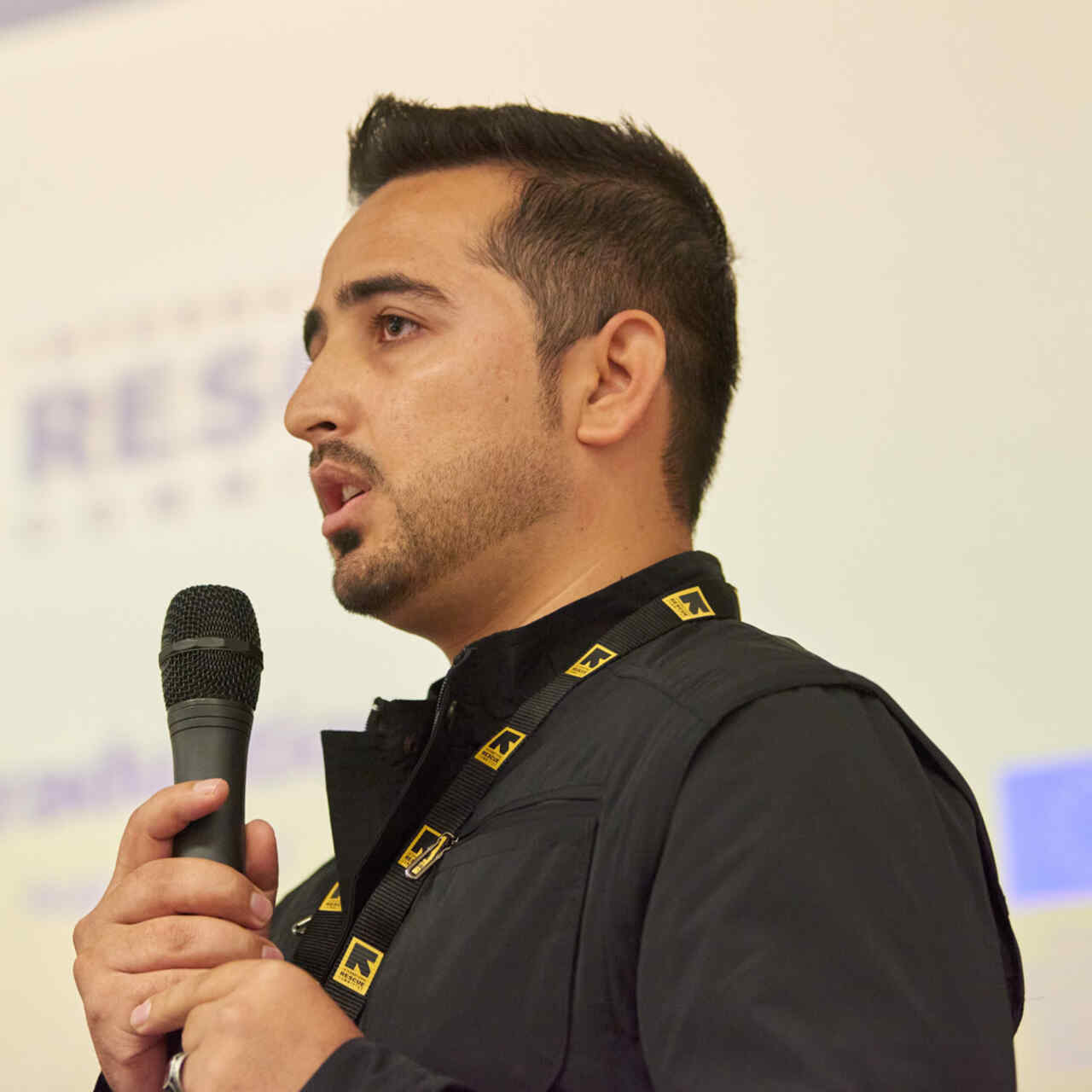
Mohammad was working as a journalist and interpreter when he had to leave his home in Afghanistan in September 2021.
After also completing his master’s degree in International Law, he had hopes of working in human rights. But when the Government changed in 2021, Mohammad had to leave the life he had built behind to travel to the UK with his wife.
“Leaving was difficult, ” 30-year-old Mohammad said. “You leave your country, your parents, your everything. You feel that you’re leaving something you knew for 29 years, somewhere you made a career and achieved.”
Arriving in the UK, Mohammad and his wife moved into a hotel in Canterbury along with other families from Afghanistan.
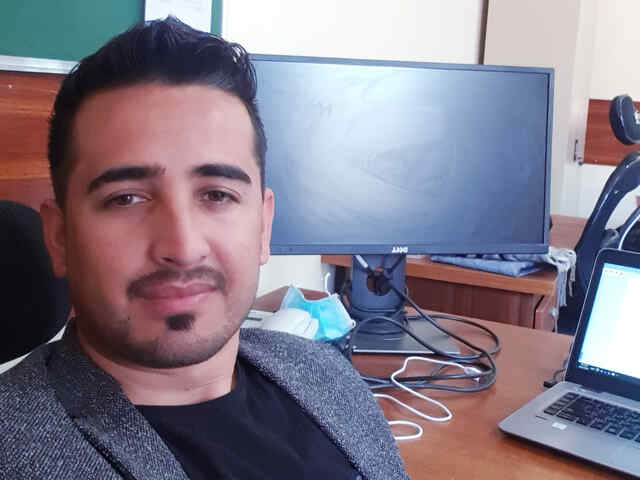
“The first days were really difficult, but we had hope and that gave us energy,” Mohammad explained. “We were with other Afghan families, and when we went out, we always went together. For shopping, for sightseeing, we’d go everywhere as a group just to get used to it. We learned from one another and it meant we weren't alone.”
Following his dreams
After spending a year in temporary hotel accommodation, Mohammad was able to move into a home with his wife in Nottingham, where they welcomed a new member to their family - their daughter.
However, even with qualifications from Afghanistan, he had to pursue further education in the UK to continue his career. Mohammad went on to earn an unconditional place for a master’s degree in LLM in Human Rights and Global Business at Oxford Brookes University which he started in September.
Opening up about rebuilding his career, Mohammad said: “It was really difficult because there are many people that have the same goals, but there are some problems and challenges. I had hope and tried everything to stay on the right path.”
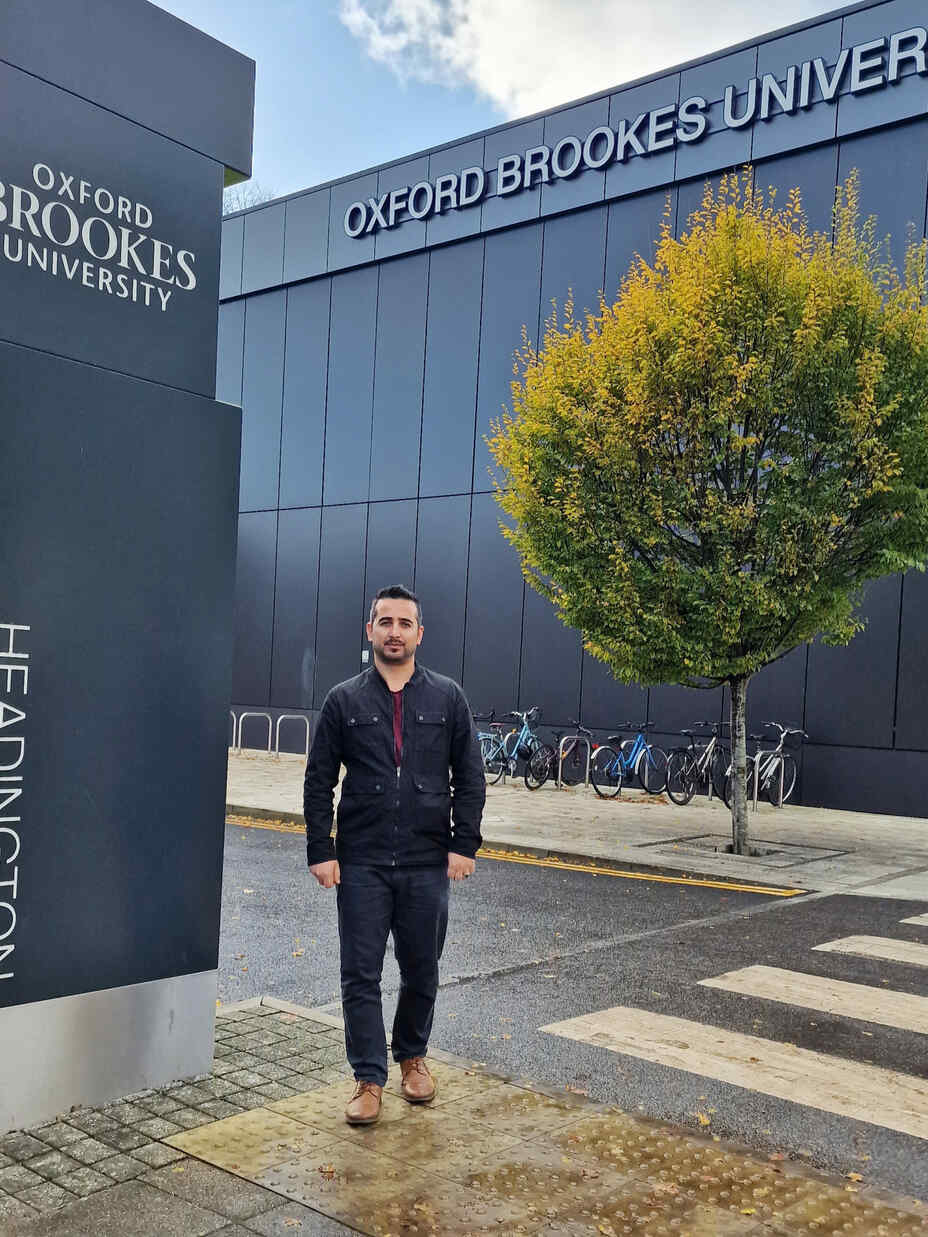
Reaching his goals hasn't been without challenges for Mohammad. “I drive from Nottingham,” he explained. “I commute 100 miles for five hours in total and I do this three times a week. It’s really difficult, but I enjoy it because when you struggle for your goal and face challenges, you feel yourself getting stronger. It's that kind of enjoyment.”
Working with the IRC
Alongside his studies, Mohammad completed an interpreting course level 3 funded by the International Rescue Committee and earned his accreditation. Mohammad was later recruited as an interpreting consultant for the team in Dari and Pashto.
"When I started working for the IRC as an interpreter, it gave me a feeling that I had back in my home country, that I am in the same position and in the same field, supporting people who need help. It's really good, it gives me a positive feeling and makes me feel like I haven't lost anything. It gives me hope for the future.”
While Mohammad is missing his parents in Afghanistan, he is proud of the life he is building for himself in the UK. “Missing my family is the only thing,” he said. “Otherwise I feel like I'm in my home country. I’ve made a good network of friends, so we communicate with different families in different cities. We visit each other and that gives us the feeling that we're in our home country.”
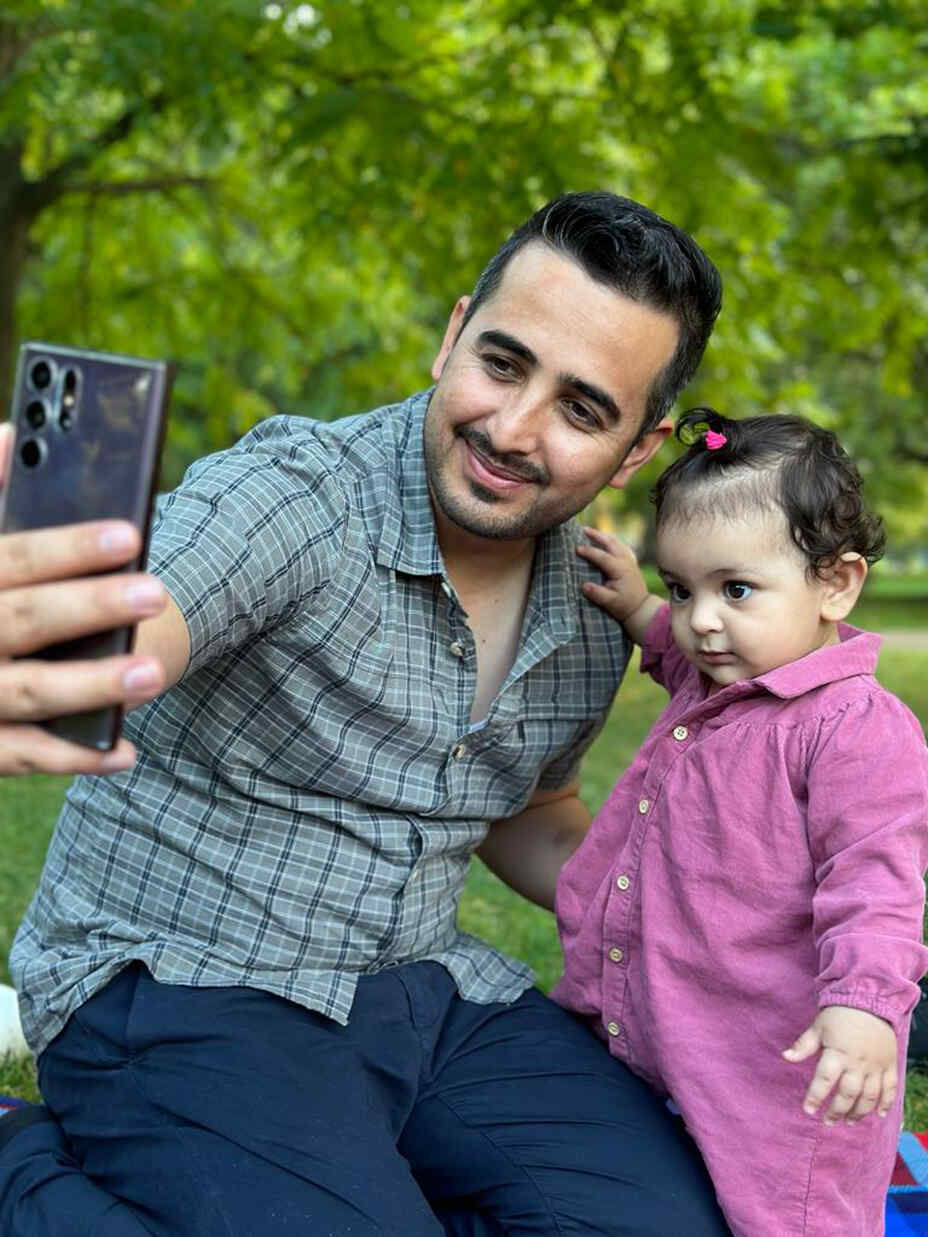
Hopes for the future
As he continues to work with the IRC, as well as studying for his degree, Mohammad hopes to further his career in human rights and even plans to apply for a PhD.
Explaining the inspiration behind his career choice, Mohammad said: “Every individual has the right to life and right to dignity. And it's paramount that everyone has these rights and that they are protected by the states around the world. So without this, life is nothing for me. Everyone should be protected.”
He added: “One day I will be able to teach or work with an institution in human rights.”
How the IRC supports refugee employment
The International Rescue Committee (IRC) offers services to support refugees and asylum seekers into work in the UK.
The IRC has been providing integration support to refugees, under the RISE project, since January 2021. This work has been made possible due to EU Asylum, Migration and Integration Fund (AMIF) funding. AMIF in the UK is administered by the UK Responsible Authority (UKRA).
The funding was allocated under the EU’s 2014 to 2020 multiannual financial framework (MFF), which will conclude at the end of 2023. The IRC hopes to find alternative funding to continue to provide integration support to refugees in England.
Continuing to support refugees living in the UK, the IRC has now launched the Refugee Employability Programme (REP). This is a UK Government-funded programme to support refugees in the South West of England to integrate into life in the UK, contribute to the economy and build a sustainable and long-term future. Find out more here.
